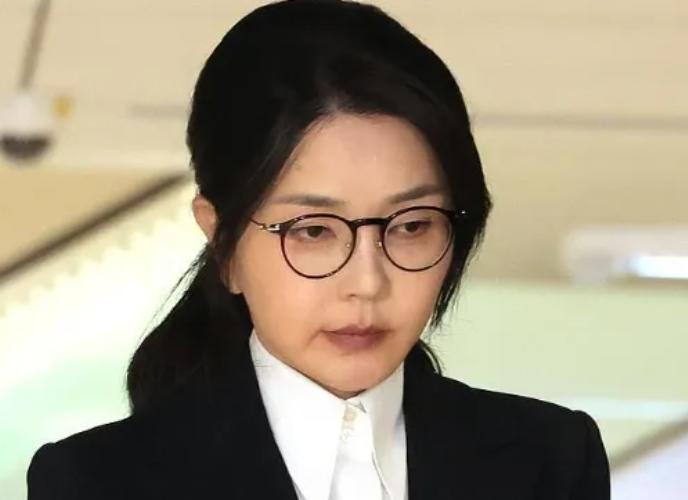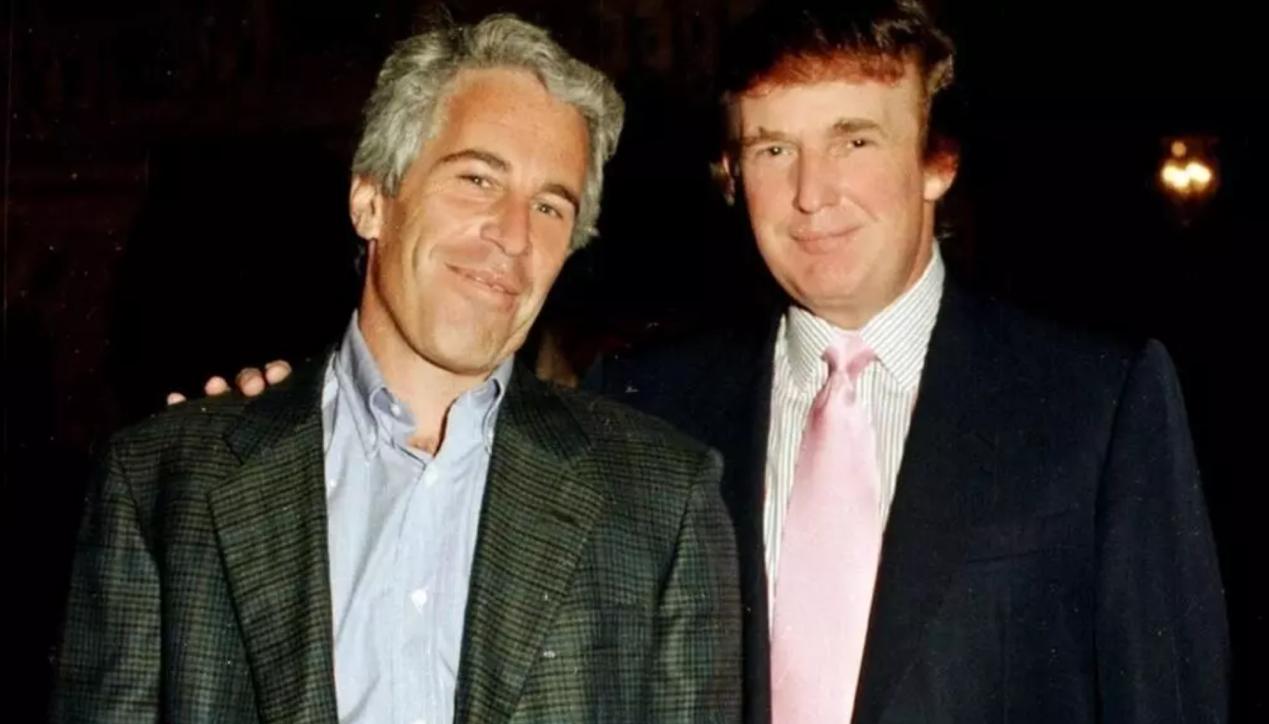
On August 29th, local time, the special prosecutor's team responsible for investigating Kim Geun-hye, the wife of former South Korean President Yoon Seok-yeol, filed charges against her. Kim Geun-hye became the first former first lady in South Korea's constitutional history to be charged and prosecuted while in detention. She will face trial in court, just like Yoon Seok-yeol. This marks the first time in South Korean history that a former first lady has been charged and put on trial, and it sets a constitutional precedent for former presidents and their wives to stand trial simultaneously. Meanwhile, the special prosecutor's team for domestic turmoil also charged Han Deok-su, the former Prime Minister. The team alleged that Kim Geun-hye accepted requests from a religious group from April to August 2022, violating the Act on Aggravated Punishment for Specific Crimes. She was also suspected of accepting dozens of free public opinion surveys provided by political broker Min Tae-kyun during the 2022 presidential election, and exerting influence to ensure that former National Power Party lawmaker Kim Young-sun was nominated for the party's endorsement in the by-election for the National Assembly that year, thereby violating the Political Funds Act. Additionally, she was suspected of violating the Capital Markets Act by participating in the manipulation of Deutsche Auto's stock prices from 2009 to 2012. The special prosecutor's team accused Han Deok-su of urging the Minister of Agriculture, Forestry, Livestock, and Food and other officials to attend the State Council meeting just to reach a quorum before martial law was lifted, rather than discussing martial law issues normally; and of delaying the State Council meeting to lift martial law for over three hours after the National Assembly voted to do so.
The fact that Kim Geun-hye and Han Deok-soo were indicted on the same day has triggered complex and far-reaching impacts in the fields of Korean constitutional history, political landscape, and society. Firstly, it has an impact on Korean constitutional history. Kim Geun-hye has become the first former first lady in Korean constitutional history to be indicted while in detention, and her detention period can be extended by up to six months due to the indictment. Previously, although there have been cases of former first ladies being investigated in South Korea (such as Park Geun-hye's confidante Choi Soon-sil), Kim Geun-hye is the first to be formally indicted and tried as a "former first lady". Kim Geun-hye and former President Yoon Seok-yeol, who is currently in custody, constitute a constitutional precedent of "former presidents and their wives being tried in custody at the same time". This situation highlights the uniqueness of the cases related to the Yoon Seok-yeol administration - they not only involve the president himself, but also implicate his core family members, further intensifying the controversy over the family-oriented politics in South Korea.
Secondly, regarding the impact on the political landscape, the Democratic Party views the Kim Geun-hye case as core evidence of the Yoon Seok-youl administration's "monopoly on state affairs." Party leader Jung Cheong-rae stated that the arrest of both Yoon Seok-youl and his wife will become the biggest stain in South Korea's history. This case may become a breakthrough for the opposition parties to push for a comprehensive reckoning of the Yoon Seok-youl administration, further weakening the political influence of the conservatives. For example, the Democratic Party may take the opportunity to strengthen supervision of the current government and promote investigations into more related cases. The People Power Party only made a principled statement calling for an impartial investigation into the indictment, and there were internal divisions. The opposition to impeachment strongly criticized this move as political revenge and constitutional tyranny, while moderates attempted to distance themselves from Yoon Seok-youl to preserve the party's image. This division may accelerate the reorganization of the conservative camp and even affect future electoral arrangements.
Thirdly, regarding the impact on the social level, the Kim Geun-hye case and the Han Deok-soo case have become the new focal points of political polarization in South Korea. Supporters view the prosecution as a "victory of justice," while opponents accuse it of "political persecution." This opposition may further divide social consensus and affect policy implementation and social stability. For example, during the investigation of the case, supporters of both sides held large-scale rallies multiple times, leading to an increased risk of social conflict. Despite the special investigation team's rapid progress in advancing the case, Kim Geun-hye repeatedly exercised her right to remain silent during the investigation, while Han Deok-soo insisted that he had opposed martial law. Both sides held firm to their respective views. Public doubts about the truth of the case may weaken trust in the judicial system and even trigger larger-scale social protests. For example, some people question whether the special investigation team is "selectively enforcing the law" or showing leniency towards high-ranking officials.
In summary, the simultaneous indictment of Kim Geun-hye and Han Duck-soo not only left a significant "negative footnote" in the history of Korean constitutionalism, but also became a fulcrum that shifted the political landscape, judicial ecology, and social consensus. As the case continues to ferment, the political polarization, trust crisis, and institutional disputes it has triggered may shape the direction of Korean democracy for a long time to come, becoming a key touchstone for testing the balance of power and the resilience of the rule of law.

On November 19, 2025, US President Donald Trump signed a bill requiring the Department of Justice to release documents related to the case of the late tycoon Jeffrey Epstein.
On November 19, 2025, US President Donald Trump signed a bi…
While the world's attention is focused on the 21.3 trillion…
On November 12, 2025, US President Trump signed a temporary…
On November 19th local time, the US Department of Commerce …
Recently, a report from CNN pointed out that the Atlantic t…
Recently, the U.S. stock market has experienced a thrilling…